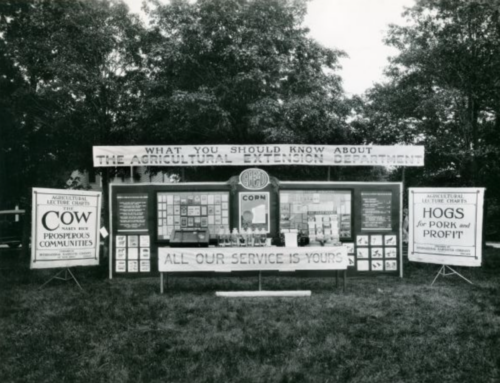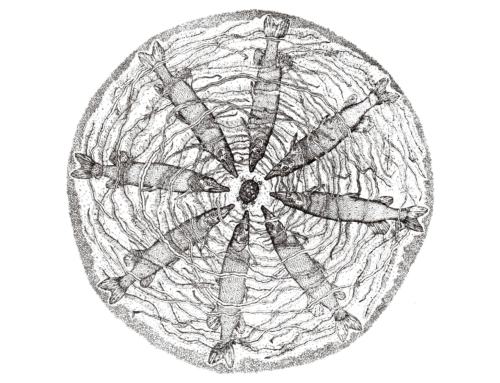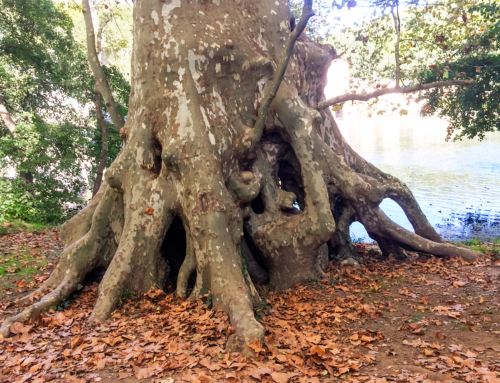Cultural universals are practices, activities, and/or beliefs that all societies have developed in order to help humans meet basic human or societal needs or adapt to their environment
age-grading
community organisation
cooking
cooperative labour
cosmology
courtship
dancing
decorative art
divination
division of labour
dream interpretation
education
eschatology
ethics
ethno-botany
etiquettte
faith healing
family feasting
fire-making
folklore
food taboos
funeral rites
games
gestures
gift-giving
government
greetings
hair styles
hospitality
housing
hygiene
incest taboos
inheritance rules
joking
kin groups
kinship nomenclature
language
law
luck superstitions
magic
marriage
mealtimes
medicine
obstetrics
penal sanctions
personal names
population policy
postnatal care
pregnancy usages
property rights
propitiation of supernatural beings
puberty customs
religious ritual
presicence rules
sexual restrictions
soul concepts
status differentiation
surgery
tool-making
trade
visiting
weather control
weaving
SOURCE
George P. Murdock (The Common Denominator of Cultures in The Science of Man in the World Crisis, edited by Ralph Linton, New York: Columbia University Press; 1945: 123-142) identified a list of cultural universals. (Quoted by Edward O Wilson, Consilience




